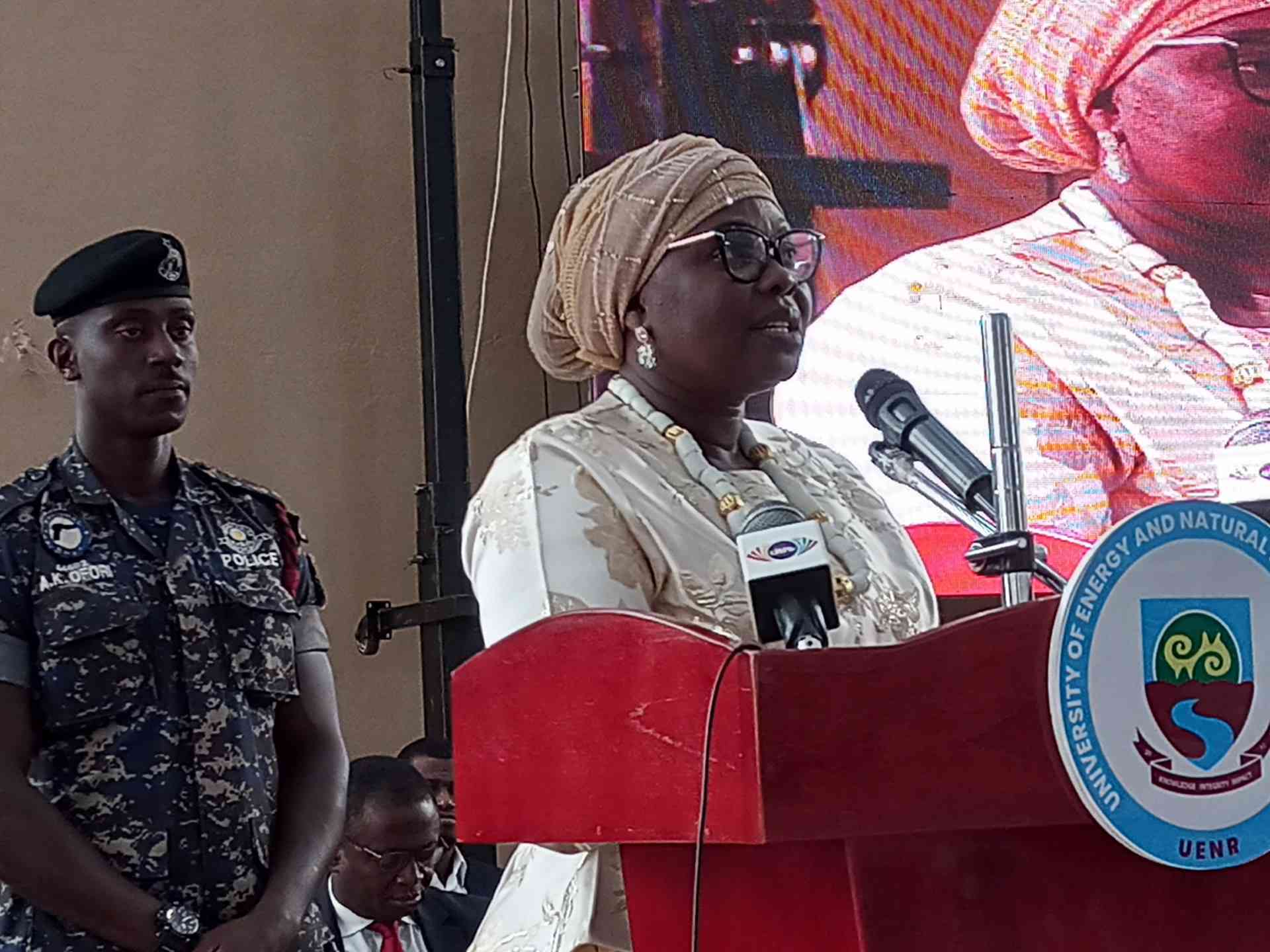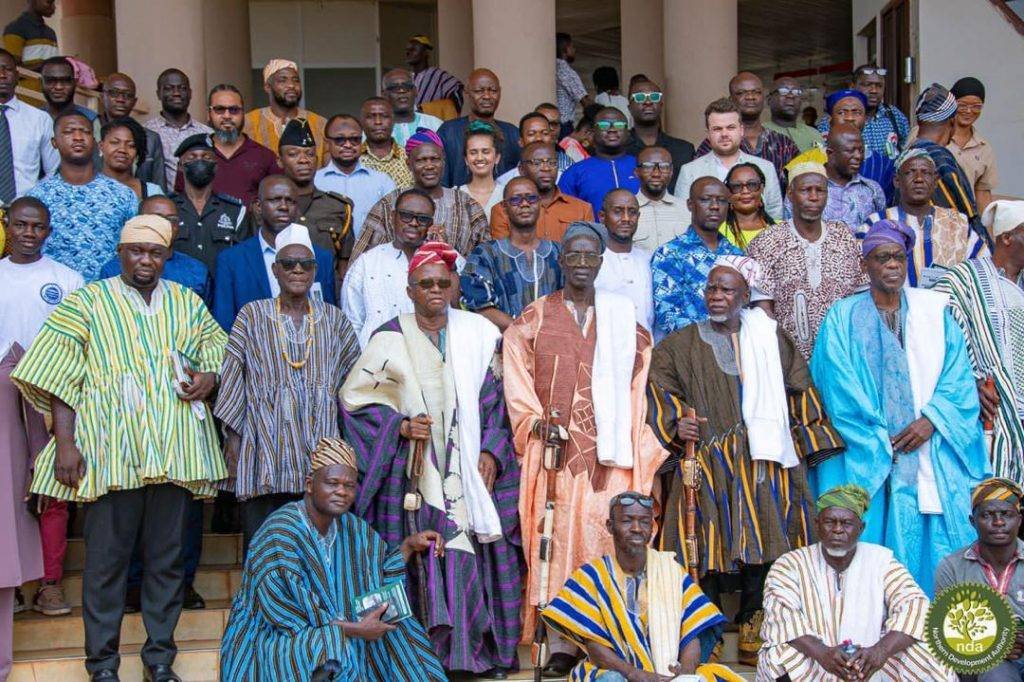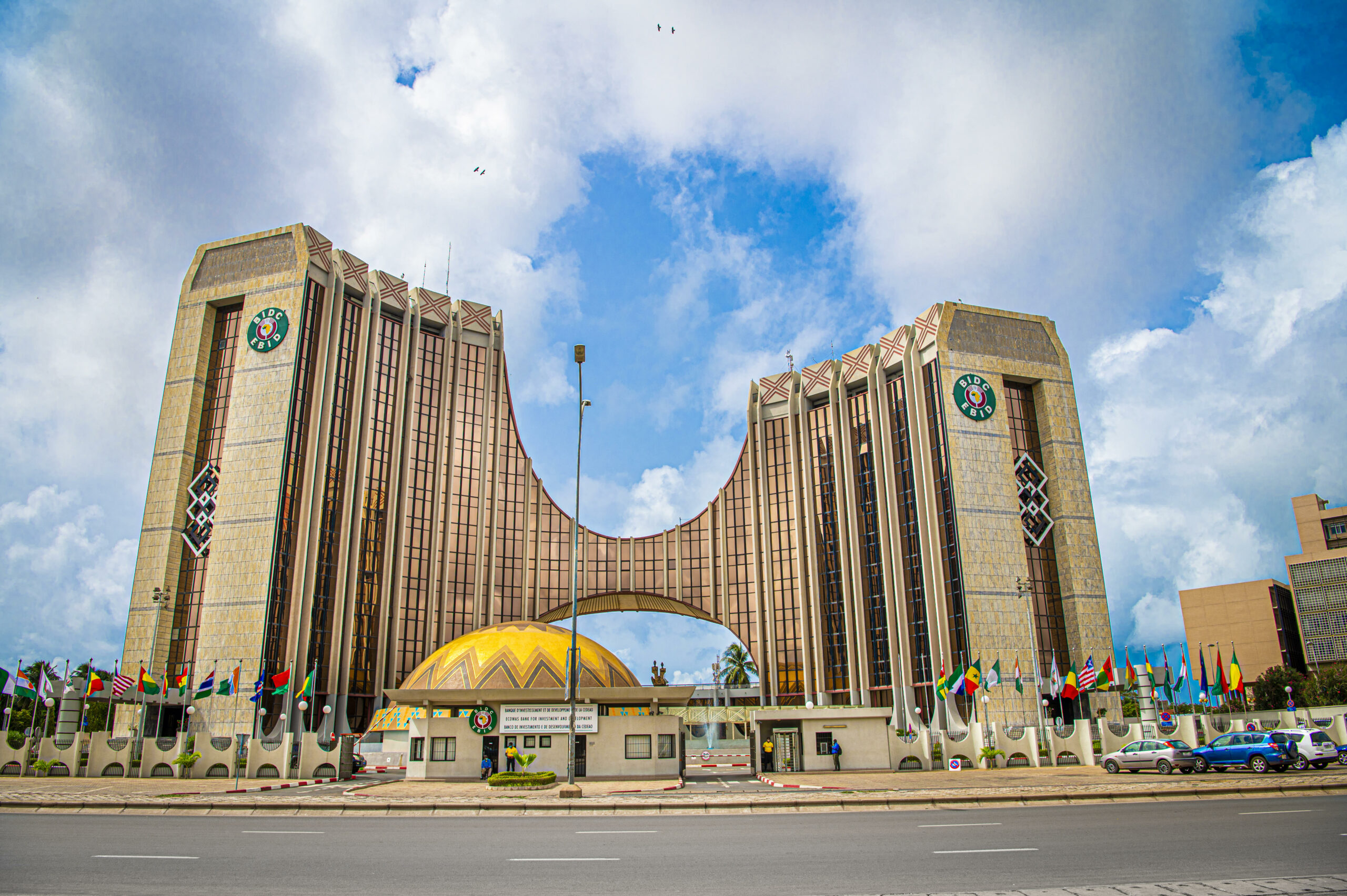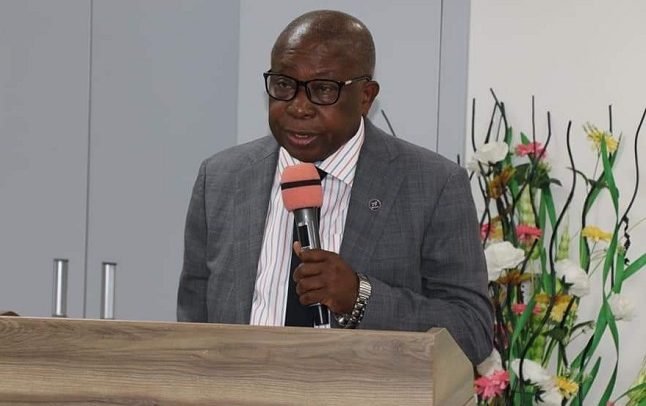
The Minister for Health, Kwabena Mintah Akandoh, has called for increased investment, collaboration, and innovation in specialist nursing and midwifery practice to strengthen Ghana’s healthcare system and improve health outcomes across the country.
Speaking at the 10th Annual General Meeting and 5th Scientific Conference of the Ghana College of Nurses and Midwives (GCNM) held at the Pentecost Convention Centre at Gomoa Fetteh, the Minister emphasised that investment in advanced nursing and midwifery training was essential for the country’s health security and sustainable development.
The conference, themed “Enhancing Specialist Nursing and Midwifery Practice: A Call for Investment, Collaboration and Innovation,” brought together stakeholders from government, academia, and the health professions to deliberate on advancing specialist care in Ghana.
The Minister for Health commended the College for its contributions to professional education, research, and standards development in nursing and midwifery, describing it as a “community of professionals who uphold the highest ideals of care, service and scientific excellence.”
He stressed that the increasing burden of non-communicable diseases, complex maternal and neonatal cases and the need for advanced emergency and critical care services demanded a strong cadre of highly trained specialists.
“Investment in specialist nursing and midwifery practice is not an expenditure – it is a long-term investment in Ghana’s health security and national development,” he said.
He said government would continue to support advanced education and postgraduate training in key specialist areas such as critical care, anaesthesia, mental health, and neonatal intensive care, while ensuring fair remuneration and structured career progression to retain skilled professionals.
He also called for stronger partnerships between regulatory bodies, academic institutions, and service providers to close the gap between theory and practice, as well as deeper collaboration with international institutions to harmonise standards and share best practices.
On innovation, The Minister for Health urged the integration of simulation-based learning, telemedicine and digital health systems into nursing education and service delivery, adding that policy and leadership approaches must also evolve to make healthcare more accessible, especially in underserved areas.
While commending nurses and midwives for their leadership in community-based care and research, the Minister expressed concern about instances of poor communication and unprofessional conduct that have dented public trust in some quarters.
“Our specialist nurses and midwives must rise to the occasion. With your advanced training and ethical grounding, you must serve as role models, champions of excellence, compassion and integrity,” he charged.
The Minister highlighted two key government initiatives, the Free Primary Health Care Policy and Mahama Cares: The Ghana Medical Care Trust Fund, as frameworks to empower nurses and midwives at the forefront of healthcare delivery.
He said the Free Primary Health Care Policy aims to make essential health services accessible to all Ghanaians without financial barriers, while the Mahama Cares initiative targets the financing and management of chronic diseases such as cancer, stroke, cardiovascular and kidney conditions.
As part of the MahamaCare Initiative, he announced plans to establish Centres of Excellence in major teaching hospitals for specialist nurse training in oncology, cardiovascular, renal and rehabilitative care.
The Ministry will also work with the GCNM and universities to create Specialist Training Tracks aligned with national service needs.
“These efforts,” he said, “ensure that MahamaCare does not only treat disease—it builds capacity, transforms service quality, and empowers Ghanaian nurses and midwives to lead in specialised care delivery.”
He noted that all these interventions are anchored within the Nursing and Midwifery Strategic Plan (2024–2028) and aligned with national health policies focused on competence, accountability, and continuous improvement.
The Dean of the School of Nursing and Midwifery at the University of Ghana, Professor Adelaide Maria Ansah Ofei, on her called for stronger investment, collaboration, and innovation to advance specialist nursing and midwifery practice in Ghana.
Delivering the keynote address she said nurses and midwives remain the backbone of Ghana’s health system and must be adequately empowered to sustain quality healthcare delivery.
Prof. Ofei noted that despite constituting over 70 percent of Ghana’s health workforce, nurses and midwives continue to face inadequate investment, recognition, and support.
She warned that the country’s health goals, including Universal Health Coverage and the Sustainable Development Goals, cannot be achieved without strengthening specialist practice.
“Our numbers are too few, our distribution unequal, and our working conditions under-resourced,” she noted, urging policymakers to prioritise retention and equitable distribution of health professionals.
Prof. Ofei underscored that investment in specialist nursing and midwifery should be seen as a “multiplier of health gains,” capable of saving lives, reducing preventable deaths, and curbing the migration of skilled professionals.
She emphasised the need for more scholarships, modern facilities, and fair remuneration to motivate specialists.
Citing the Africa Health Workforce Investment Charter launched in Namibia, she reminded stakeholders that health is a “human-intensive service” requiring a skilled and motivated workforce.
For more news, join The Chronicle Newspaper channel on WhatsApp: https://whatsapp.com/channel/0029VbBSs55E50UqNPvSOm2z
The post Health Minister Calls for Greater Investment and Innovation in Specialist Nursing and Midwifery appeared first on The Ghanaian Chronicle.
Read Full Story





















Facebook
Twitter
Pinterest
Instagram
Google+
YouTube
LinkedIn
RSS